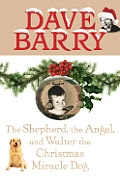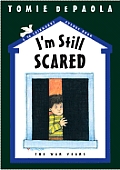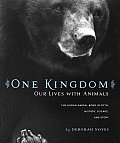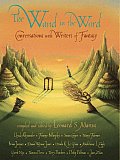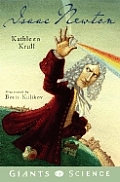In the interest of time and space (read: because I am wicked lazy), here are four short reviews of recently-read books.
Stay With Me by Garrett Freymann-Weyr (HMCo, 2006, 300+ pages).
I like Freymann-Weyr's other stuff, and had high hopes for this one. It didn't grab me, though, and I found myself preparing to abandon it several times along the way. I did finish it, ultimately, and the book has some wise and thought-provoking things to say about suicide, family, and love. Still, my issues:
1) There's a meta-structural thing going on regarding dyslexia: Leila, the main character, is dyslexic, which manifests itself not only in the usual way, but also in her constant quest to find and/or establish order in every corner of her life. On the large scale, she seeks answers -- a pattern, a reason -- for her sister Rebecca's suicide; on the small scale, the first-person narrative goes round and round in circles, with no clear forward push or urgency. This structural free-for-all drove me nuts and kept me from connecting with Leila.
2) Hey, Leila's boyfriend? You're a nice guy and all, and you seem to have pretty honorable intentions. And yet? YOU'RE 31 AND YOU'RE SHTUPPING A 17-YEAR-OLD. *I'm* 31. Color me thoroughly creeped out.
The Dead Beat by Marilyn Johnson (Harper, 2006, 256 pages)
A readable, usually funny but sometimes poignant look at the wacky world of obituaries and obituary writers. Johnson is herself a journalist and sometime obit scribe, and her exploration of the world of dead people is overall a great read. There's an extended section on the
New York Times's coverage of the 9/11 dead, "Portraits," and profiles of several of the great obituary writers of the past half-century. My interest did start to flag about two-thirds of the way through, but that may be my fault and not the book's. Pair this with Mary Roach's
Stiff for a comparison of the afterlife in body and soul?
A True and Faithful Narrative by Katherine Sturtevant (FSG, 2006, 256 pages).
A sequel to Sturtevant's 2000
At the Sign of the Star, this book continues the story of Meg Moore, daughter and onetime heir to a bookseller in Restoration London. Meg is now 16, and no longer her father's only child: his new wife, Susannah, has born him three more children, which cuts into Meg's position and dowry. Meg has no interest in marrying, not yet, and still hopes to take her place as a bookseller and writer of her own account, despite social prohibitions of the time that would stop her. But she's nonetheless torn between two suitors: her best friend's brother, Edward, whose affections she scorns before he sets sail abroad and is taken captive by pirates; and her father's apprentice, Will, who enjoys matching wits with Meg but whose views on women and wives give her pause.
This is a pretty good read, and girls who like historical fiction would probably enjoy it. Meg is forward-thinking without too much anachronism: she lies and deceives many of the men in her life to get her way, but all the while she knows that her future depends on making a good marriage match. Alas, though: I just didn't like her all that much. She's smart and well-read (hooray), but her interior emotional life left me all confused and annoyed. Meg makes some bad decisions -- thoughtless comments to one suitor, outright lies to another -- and though I can certainly think of examples of great books with unlikable heroines (the
Emma archetype), I couldn't muster a lot of sympathy for Meg and her man troubles.
Here Lies the Librarian by Richard Peck (Dial, 2006, 208 pages).
Peck once again plumbs the world of turn-of-the-century Midwestern country folk, in his bid to out-Twain Twain. Peewee McGrath, amateur auto mechanic and good-hearted tomboy, knows she's at the age where people will start to talk if she doesn't wear a dress now and then. She and her brother Jake, orphans living on the edge of town and running a makeshift garage, are as flabbergasted as anyone when four learned ladies from the Library School of Butler University come to town with plans to reopen the town's library. Jake is smitten with Grace, daughter of one of the early auto magnates, and Peewee (real name: Eleanor) is taken with Irene, the ringleader. The story culminates in one of the first Indiana auto races, with a twist that may not surprise, but will certainly entertain.
My only quibble? The title doesn't really have much to do with the story: it just makes for a nice little joke and will surely catch the eyes and hearts of librarians across the country.


 As fantasy, meh;
As fantasy, meh;

 Real fear, unvarnished;
Real fear, unvarnished;









